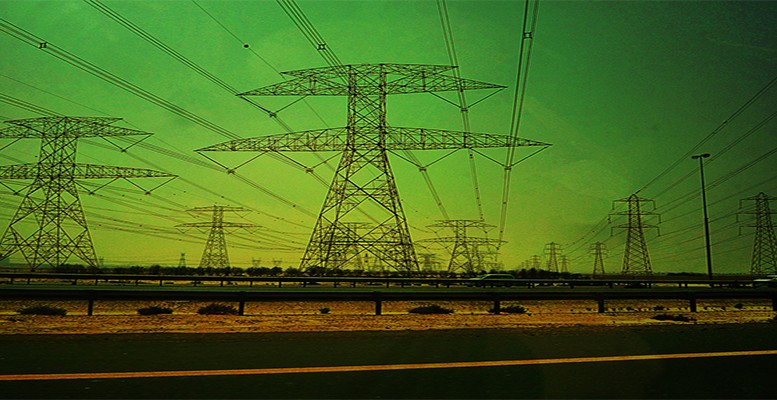The Spanish government has entered the electricity sector like a bull in a china shop. On the wholesale market the price of energy continues to reach record highs day after day. Meanwhile the Expansión newspaper reports that last weekend, for the first time in history, several wind farms and photovoltaic plants preferred to shut down rather than sell electricity at a loss. According to the daily 5 Días, more than 2,000 MWh of wind energy went out of the market, out of the pool, last Sunday, due to the cut imposed by the government.
Expansión explains that “Numerous wind and photovoltaic installations unplugged from the grid over the past weekend. This was due to the impossibility of the numbers working out, given the new regulation implemented by the government. It is the first time such a situation has occurred in Spain, which gives an idea of the enormous chaos in the Spanish market”.
The newspaper flags that “the new regulation approved by the government last month is trying to stop the escalation of electricity prices. Amongst other things, it cuts revenues for nuclear and hydroelectric plants. The problem is that the cuts also affect some wind and photovoltaic plants. All plants will have to pay back a certain amount of money if the wholesale electricity market, or pool, exceeds certain limits, as is happening now. The problem is that these renewable installations may be forced to return more money than they actually charge in their long-term contracts with certain customers (the famous PPAs)”.
So, according to Expansión, on Sunday and Friday “there were 13 and 3 hours, respectively, in which numerous wind and photovoltaic installations interrupted their discharge to the grid so as not to have to return more money than they receive. This caused imports from France, which produces mainly nuclear power, to skyrocket. In those time intervals, the market price was below the cost of solar and wind power. Incorporating the effect of the deduction of RDL 17/2021, this stands at over 115 euros per megawatt hour, according to industry sources. The times at which these restrictions were in place can be consulted publicly on the Red Eléctrica website.
During the weekend, prices were completely out of control. On Friday, for example, the market price between 15:00 and 16:00 was 62 euros per megawatt hour, between 16:00 and 17:00 it was 54.13 euros, and between 17:00 and 18:00 it jumped to 89.98 euros. With these prices, only wind and solar power, which have regulated remuneration and are thus not sensitive to the market price, were able to match prices (and therefore enter the pool). The rest of the installations stopped during these hours.
To add fuel to the fire, Iberdrola has made public the signing as vice-president of Iberdrola Spain of a member of the PSOE, a move retaliated by Pedro Sánchez. This has ruffled feathers in the PSOE and has been the subject of comments of all kinds. “But nobody says anything when the PSOE attacks the presidency of Indra, a listed company, when it places two former PSOE ministers on the board of Enagas – another listed company. Or when Pedro Sánchez’s wife is hired by the Instituto de Empresa or the Complutense University. So the real problem is that the signing has not gone down well in La Moncloa,” explains a company in the sector.





